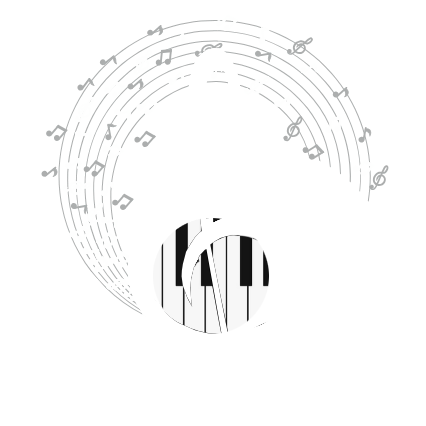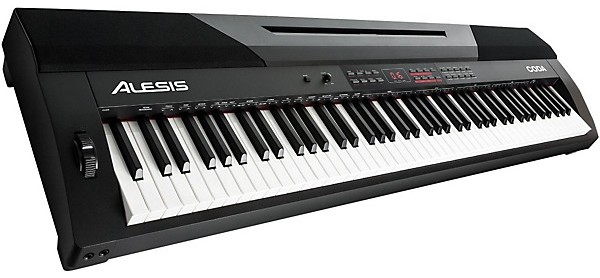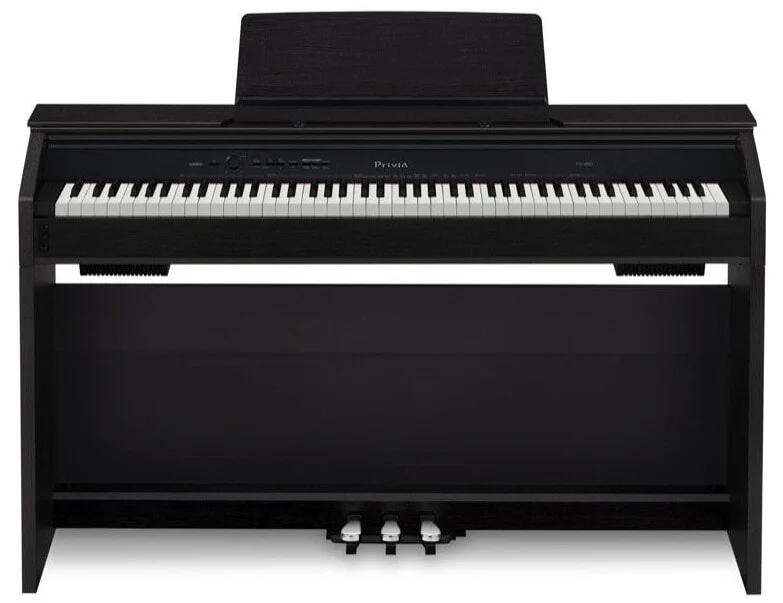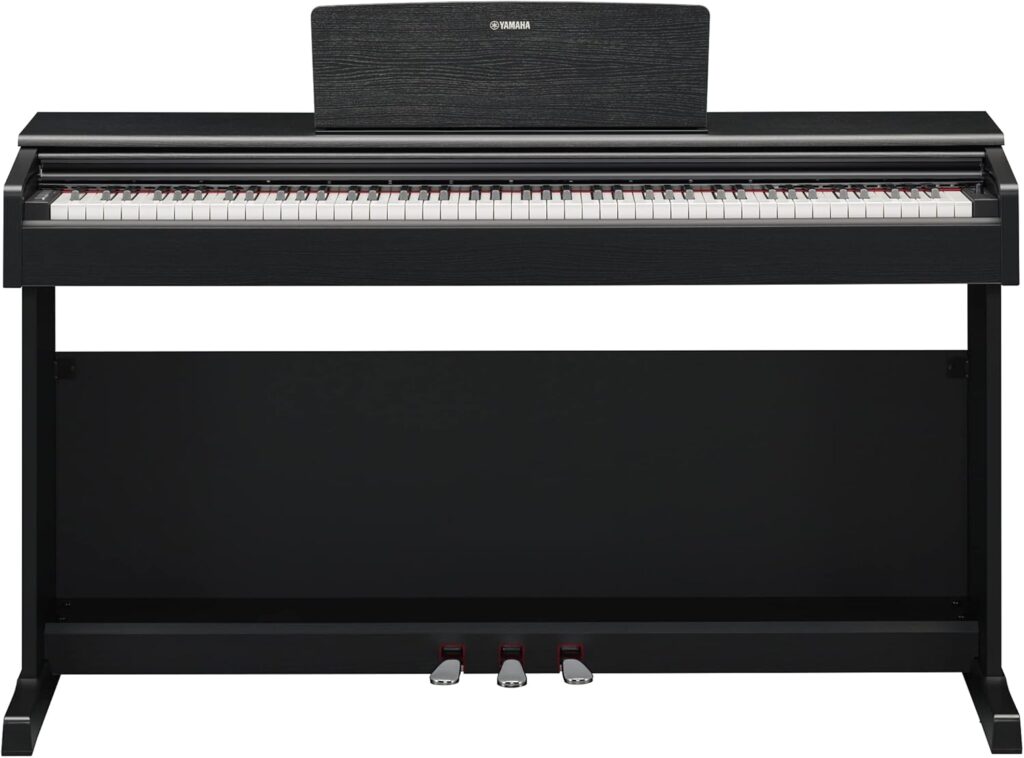So you’re ready to learn piano, but not quite ready to invest in a full-size acoustic? You’re in the right place. Digital pianos are perfect for beginners—they’re affordable, compact, quiet (hello, headphones!), and many models feel incredibly close to the real thing.
But with so many choices out there, how do you find one that’s actually worth your time (and money)? Don’t worry—we’ve done the research for you.
Here are the top digital pianos for beginners, broken down by value, features, and feel—so you can start your piano journey the right way.
1. Yamaha P-125 – The Popular All-Rounder
Why it stands out:
Yamaha’s P-series is a favorite for a reason. The P-125 offers authentic piano feel, quality tones, and a sleek design that fits any space.
Key features:
- 88 fully weighted keys (Graded Hammer Standard action)
- Yamaha CF sound engine (based on a concert grand)
- Built-in rhythms and dual mode (layer sounds)
- USB to host for easy recording or app use
Best for: Beginners who want realistic feel and sound without the bulk of a console-style piano.
2. Roland FP-10 – Best Weighted Action Under $600
Why it stands out:
The FP-10 has Roland’s signature feel and tone in an ultra-affordable package. It’s one of the best feeling keybeds for its price range.
Key features:
- 88-key PHA-4 standard keyboard
- SuperNATURAL piano sound engine
- Bluetooth MIDI for learning apps
- Headphone output for quiet practice
Best for: Players who care most about touch and responsiveness.
3. Casio Privia PX-S1100 – Sleek Design, Big Sound
Why it stands out:
This one looks as good as it sounds. With a glossy, futuristic panel and slim profile, the PX-S1100 is both modern and musical.
Key features:
- 88 scaled hammer-action keys
- AiR sound engine with expressive tones
- Bluetooth audio playback
- Smart Scaled Hammer Action keybed
Best for: Style-conscious beginners who want portability and elegance.
4. Korg B2 – Great Value and Plug-and-Play Simplicity
Why it stands out:
No frills, just solid sound and a satisfying keyboard. The Korg B2 is perfect for anyone who wants a straight-to-the-point piano experience.
Key features:
- 88 Natural Weighted Hammer keys
- 12 high-quality sounds (including electric pianos and organs)
- USB MIDI connection
- Optional stand and pedal unit available
Best for: Budget beginners who want high-quality essentials and nothing extra.
5. Alesis Recital Pro – Most Affordable Fully Weighted Option
Why it stands out:
For under $400, this one’s hard to beat. It’s not a premium instrument, but it’s great for testing the waters or learning the basics.
Key features:
- 88 full-sized hammer-action keys
- 12 voices including organ and synth
- Built-in speakers and headphone jack
- Split, layer, and lesson modes
Best for: Absolute beginners who want a low-cost way to start playing piano.
6. Donner DEP-20 – Budget Pick With Big Features
Why it stands out:
Donner has become a solid name in entry-level gear, and the DEP-20 offers a lot: realistic keys, a decent sound engine, and bonus functions like recording and MIDI.
Key features:
- 88 hammer-action keys
- 238 tones and 100 rhythms
- Dual voice and recording mode
- LCD display and built-in metronome
Best for: Beginners who want variety and extras in their practice routine.
7. Roland GO:PIANO88 – Lightweight and Learning-Friendly
Why it stands out:
Not fully weighted, but surprisingly expressive and super portable. Also includes Bluetooth learning support and Roland tone quality.
Key features:
- 88 touch-sensitive keys
- Bluetooth audio and MIDI
- Built-in practice tools
- Lightweight and battery-compatible
Best for: Beginners who want to practice on the go or connect with learning apps easily.
Conclusion
Whether you’re starting with scales or learning your first song, the right digital piano can make all the difference. Look for something with:
- 88 weighted keys (or at least touch-sensitive if budget is tight)
- Headphone support for quiet practice
- USB or Bluetooth if you want to use learning apps
- A realistic feel to build solid technique from day one
Choose one that fits your space, budget, and learning style—and then start playing. Because progress begins the moment you press your first key.
FAQs
- Do I really need 88 keys as a beginner?
Yes, if you can afford it. It helps develop correct hand positioning and prepares you for any style of music. - Are weighted keys important?
Absolutely. They simulate the feel of a real acoustic piano and build proper finger strength and control. - What’s better—digital or acoustic for beginners?
Digital is more practical for most homes: they’re affordable, portable, quiet, and low-maintenance. - Can I use online lessons with these pianos?
Yes! Many of these models include USB or Bluetooth MIDI to connect with apps like Simply Piano, Flowkey, or Yousician. - Do I need pedals when I’m just starting out?
Not at first, but most digital pianos include or support a sustain pedal—which becomes essential as you learn songs.



